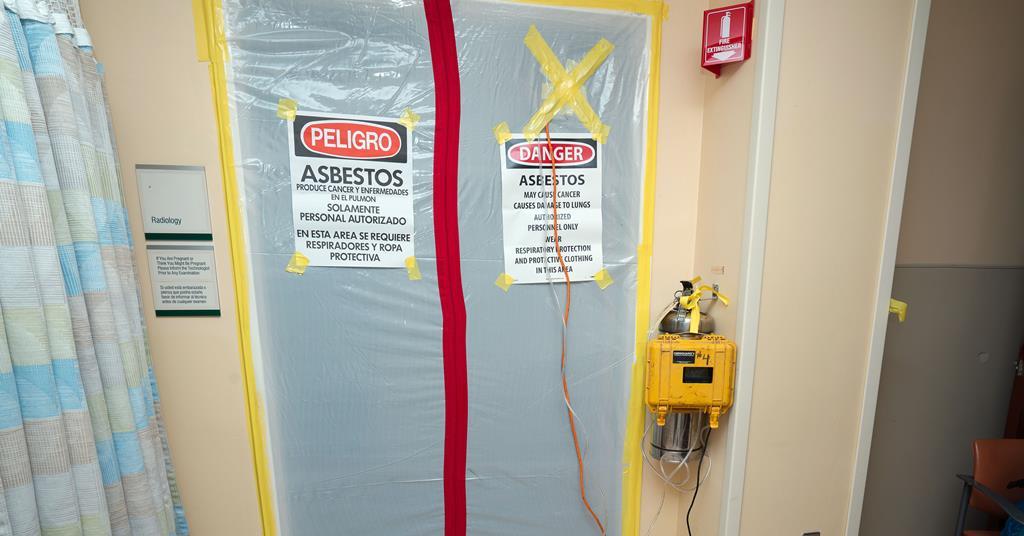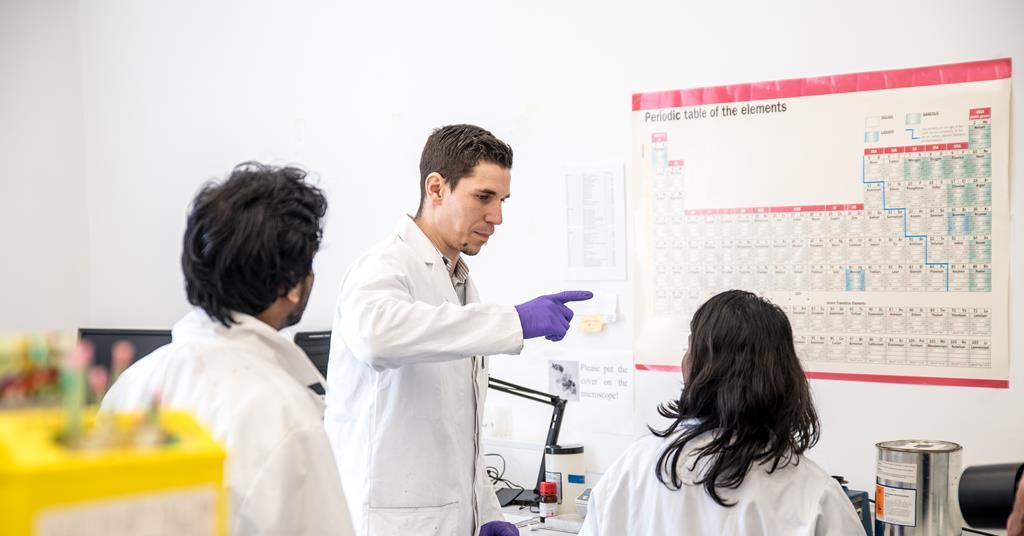The US Environmental Protection Agency (EPA) has finalised a ban that prohibits the use of chrysotile asbestos, which is still used and imported into the US. This action, taken under the Toxic Substances Control Act (Tsca), follows decades of unsuccessful attempts by lawmakers and health advocacy groups to ban asbestos in the US. ‘The science […]
Read More








